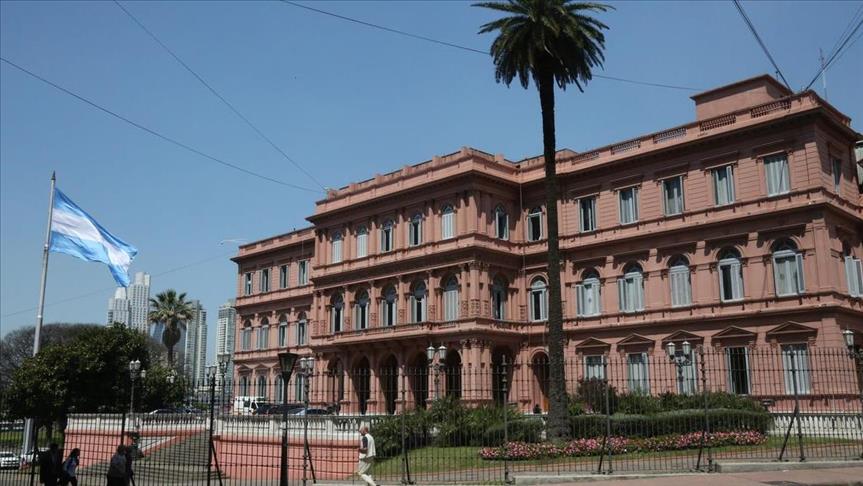
Buenos Aires
By Charles Newbery
BUENOS AIRES, Argentina
Argentine Finance and Treasury Minister Alfonso Prat-Gay said Wednesday that capital controls on buying dollars, in place since 2011, have been scrapped in a bid to rekindle economic growth.
“We are lifting a system that has been choking the economy for the past four years,” he said in a televised press conference a week after taking office with Mauricio Macri, the country’s new conservative president.
“We are going to normalize the economy,” Prat-Gay added.
Individuals can now purchase up to $2 million per month in dollars without having to seek permission from the federal tax authority as had to be done previously, he said.
Prat-Gay said there will be only one exchange rate, not various rates as before.
He did not say how much the peso would likely trade at, but suggested it could fall to around 14 pesos per dollar. It is now trading at about 9.81 pesos per dollar.
Argentine exporters and manufacturers have been seeking a devaluation to improve competitiveness. Costs have surged in dollar terms over the past decade on an over-valued currency and high inflation, which peaked at 40 percent and is now at around 25 percent.
Prat-Gay said restrictions on exports and imports would also be lifted, adding that this will encourage an inflow of dollars.
The official said he expects between $15 billion and $25 billion to enter Argentina over the next month from crop exporters, foreign banks, investors and the Chinese central bank which has a currency swap program already in place.
“We are confident that dollars are going to appear,” Prat-Gay said. “The capital controls were killing the supply of dollars but not the demand for them.”
He said a 35 percent tax on foreign travel and purchases would also be scrapped, but said a 5 percent tax would be levied on cash purchases abroad, in an effort to encourage paying instead with debit and credit cards.
The controls were put in place in November 2011 by the previous populist-left government after a surge in capital flight that year. Businesses and individuals bought dollars to protect their savings against currency depreciation and fast inflation, draining the central bank of dollar reserves.
The capital controls did not stop the flight of dollars, causing reserves to drop to a current $24.3 billion from a peak of nearly $53 billion in 2011, according to the central bank.
Anadolu Agency website contains only a portion of the news stories offered to subscribers in the AA News Broadcasting System (HAS), and in summarized form. Please contact us for subscription options.


